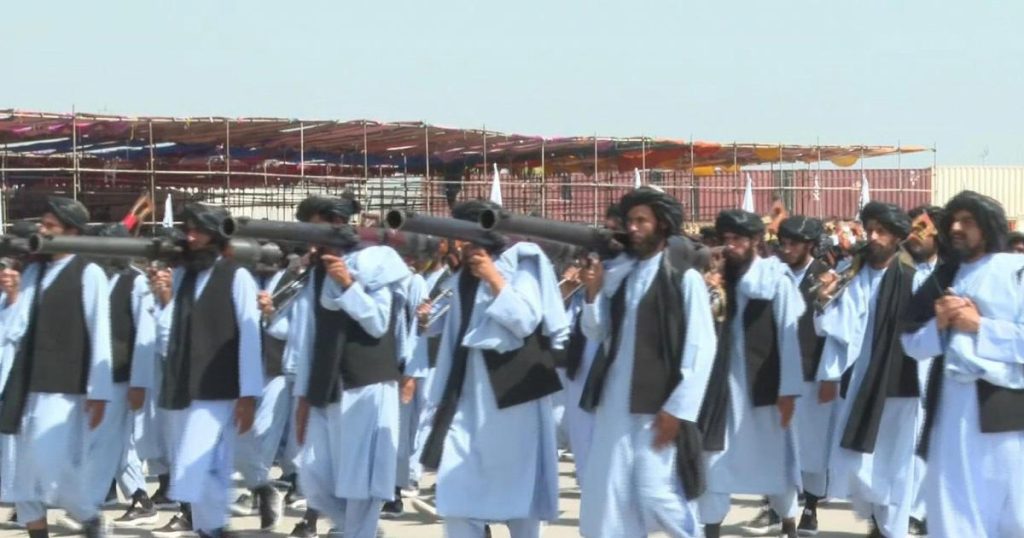The Taliban have “deliberately deprived” 1.4 million Afghan girls of secondary education since returning to power three years ago, when they triumphantly entered Kabul and American personnel made a hasty exit from the airport. The international community has not recognized the government, which came back to power exactly twenty years after being ousted by the American army following the invasion of the country, a consequence of 9/11. The UN agency UNESCO has reported that Afghanistan is the only country in the world that prohibits girls over the age of 12 and women from accessing education. The director-general of UNESCO has called for the unconditional reopening of schools and universities for Afghan girls and women.
The Taliban have also banned women from teaching boys, leading to a lack of qualified male teachers and a drastic drop in enrollments. UNESCO fears a potential increase in child labor and early marriages, as well as a shortage of skills that could harm Afghanistan’s long-term development. Thousands of Afghan girls and women have sought refuge in Europe, the United States, and Canada, documenting a gender apartheid and an unprecedented humanitarian crisis in their country. Afghanistan is facing a stagnant economy, record unemployment, extreme poverty, and a third of the 45 million Afghans surviving on just bread and tea.
Afghanistan’s female athletes have made headlines, even in the recent Olympics, showcasing the ongoing struggle for women’s rights in the country. Athletes like Kimia Yousofi and Manizha Talash have used their platform to raise awareness and show support for Afghan women. Despite not achieving top results in their events, these athletes have used their performances to highlight important messages such as education and women’s rights. The international community continues to monitor the situation in Afghanistan closely, advocating for the rights of women and the entire population under Taliban rule.
The Taliban’s third anniversary of returning to power has been marked by reaffirming their commitment to strict interpretations of Sharia law. The emir Hibatullah Akhundzada has stated that the application of Sharia law is their responsibility until death. He has emphasized the importance of observing Islamic laws and principles for the country and its people. Celebrations for the anniversary included a military parade at the former US base in Bagram, reflecting the Taliban’s continued grip on power and their adherence to Islamic law. The leadership of the Taliban continues to prioritize religious principles and control over the country, despite international condemnation.
The situation in Afghanistan remains dire, with ongoing challenges such as natural disasters, economic instability, and a repressive regime. The Afghan population, especially women and children, continues to face immense hardships under Taliban rule. The international community must remain engaged and advocate for the rights of Afghan women and girls to access education and opportunity. Despite the obstacles and restrictions imposed by the Taliban, Afghan women continue to demonstrate resilience and courage in the face of adversity. The world must not forget the plight of the Afghan people and continue to support efforts to restore peace, stability, and fundamental rights in the country.


